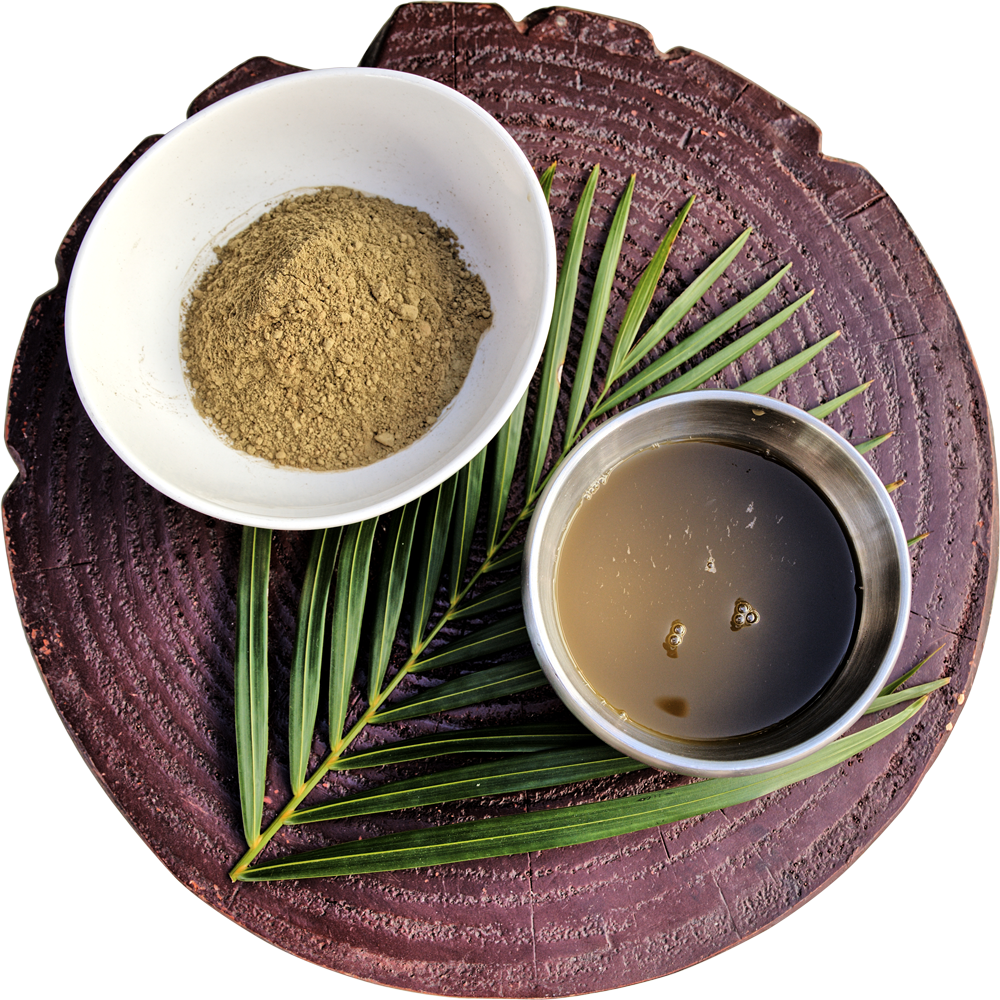What Is Kratom Tea?
Kratom tea is a traditional drink made from the leaves of the kratom tree (Mitragyna speciosa), which is native to Southeast Asia. The leaves are dried and then brewed in water to make a tea, which can be consumed hot or cold.
Kratom contains active compounds called alkaloids, including mitragynine and 7-hydroxymitragynine, which are responsible for its effects on the body. Kratom has been used for centuries in Southeast Asia as a natural remedy for a variety of conditions, including pain, anxiety, and fatigue.
Kratom tea is often used as an alternative to traditional coffee or tea and is believed to provide a range of benefits, such as pain relief, relaxation, and increased energy. However, it is important to note that kratom can also have negative side effects and may be addictive, especially when used in high doses or over a long period of time.
Due to its potential risks and lack of regulation, kratom is a controversial substance and is illegal in some countries and states. It is always recommended to consult with a healthcare professional before using any herbal remedy, including kratom tea.






